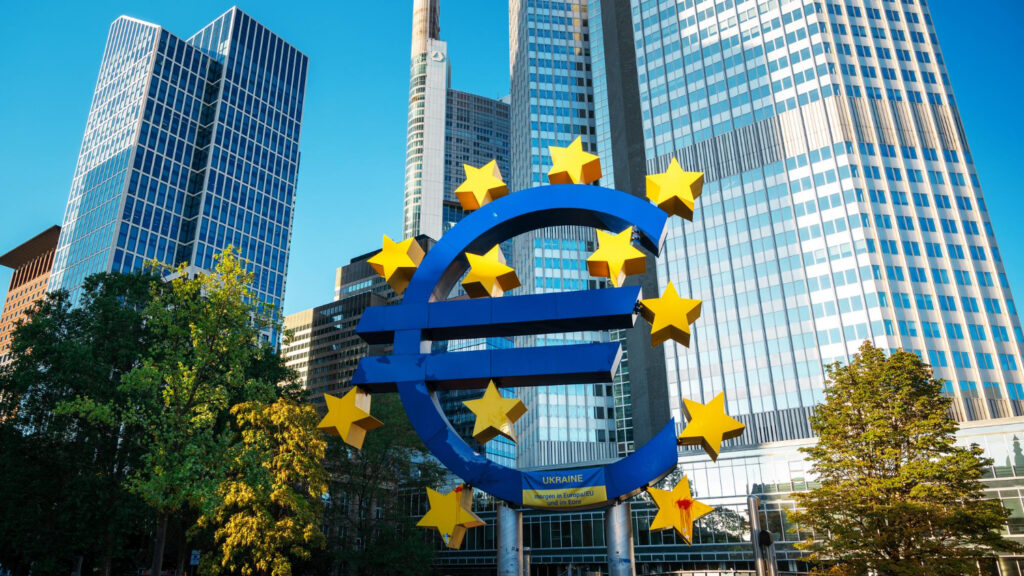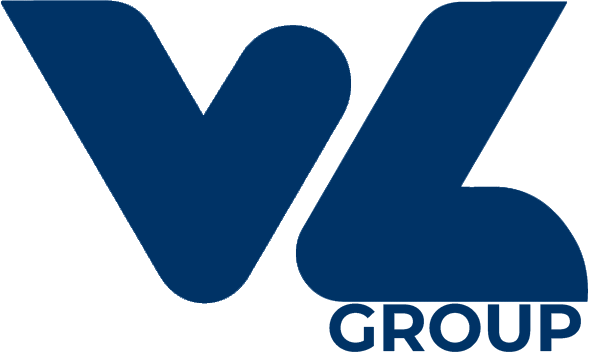
In today’s globalized world, understanding the nuances of work environments across different countries is essential for businesses and job seekers alike. As a leading recruitment agency with a global perspective, World Link Group is committed to providing insights into the diverse work cultures found within the European Union (EU). In this blog post, we’ll explore the unique characteristics of work environments in EU countries and offer valuable tips for navigating them effectively.
Diversity and Inclusion:
One of the defining features of work environments in EU countries is their commitment to diversity and inclusion. With multinational workforces comprising individuals from various cultural backgrounds, businesses in the EU prioritize creating inclusive workplaces where everyone feels valued and respected. Employers often implement diversity initiatives and offer training programs to promote cultural awareness and foster a sense of belonging among employees.
Work-Life Balance:
EU countries are known for their emphasis on work-life balance, with many implementing policies to support employees in achieving a healthy equilibrium between their professional and personal lives. From generous vacation days to flexible work arrangements, employers in the EU prioritize employee well-being and recognize the importance of downtime for productivity and overall satisfaction.
Communication and Collaboration:
Effective communication and collaboration are integral to success in EU work environments. With a strong emphasis on teamwork and consensus-building, professionals in EU countries value open dialogue and constructive feedback. Employers often encourage transparent communication channels and provide opportunities for employees to participate in decision-making processes, fostering a culture of collaboration and innovation.
Adapting to Cultural Differences:
Navigating work environments in EU countries requires an understanding of cultural differences and norms. From communication styles to business etiquette, each country within the EU has its own unique customs and practices. By embracing cultural diversity and demonstrating cultural sensitivity, businesses and individuals can build strong relationships and thrive in the EU market.
Conclusion:
As businesses continue to expand globally, understanding the intricacies of work environments in EU countries is essential for success. By embracing diversity, prioritizing work-life balance, fostering communication and collaboration, and adapting to cultural differences, professionals can navigate EU work environments effectively and thrive in today’s interconnected world. At World Link Group, we are dedicated to helping businesses and job seekers navigate the complexities of the EU job market and achieve their goals.


